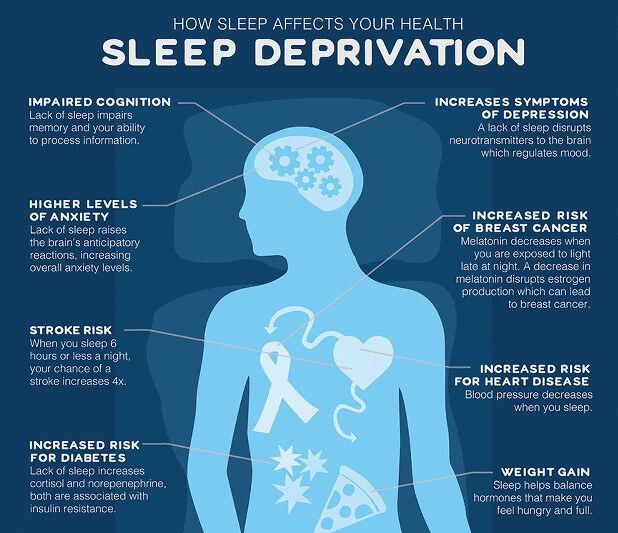
Understanding the Importance of Sleep for Your Health
The Importance of Quality Sleep
Sleep is a fundamental aspect of our overall health and well-being. It is essential for our bodies to repair and rejuvenate, both physically and mentally. Quality sleep plays a vital role in various aspects of our daily lives, such as cognitive function, emotional well-being, immune system function, and overall productivity.
The Effects of Sleep Deprivation
Unfortunately, in today’s fast-paced world, many people neglect the importance of getting enough sleep. Chronic sleep deprivation can have significant negative effects on our health. Lack of sleep can lead to impaired cognitive function, memory problems, increased risk of accidents, weakened immune system, mood swings, and even weight gain.
Importance of Sleep for Cognitive Function
While we sleep, our brains process and consolidate information from the day. Sufficient sleep promotes better attention, concentration, decision-making abilities, and problem-solving skills. It enhances creativity and the ability to learn and retain new information. On the other hand, sleep deprivation impairs these cognitive functions, reducing productivity and overall performance.
Sleep and Emotional Well-being
Adequate sleep is crucial for our emotional well-being. It helps regulate our emotions and keep our moods stable. Quality sleep can improve resilience to stress, reduce the risk of developing mental health disorders such as anxiety and depression, and enhance overall feelings of happiness and well-being. Lack of sleep, on the other hand, increases the likelihood of experiencing mood swings, irritability, and emotional instability.
The Role of Sleep in Immune System Function
While we sleep, our bodies recover and strengthen our immune system. Sufficient sleep helps our bodies fight off infections, recover from illnesses, and reduce the risk of developing chronic diseases. Inadequate sleep, on the other hand, weakens our immune system, making us more susceptible to illnesses and infections.
Quality Sleep and Productivity
Getting enough quality sleep significantly improves our productivity levels. When we are well-rested, we are more alert, focused, and energized throughout the day. We can think clearly, make better decisions, and complete tasks efficiently. On the other hand, lack of sleep leads to decreased concentration, reduced attention span, and decreased overall productivity.
Tips for a Better Night’s Sleep
Here are some tips to improve the quality of your sleep:
Create a consistent sleep schedule by going to bed and waking up at the same time every day.
Create a relaxing bedtime routine to signal to your body that it’s time to sleep.
Create a sleep-friendly environment by keeping your bedroom dark, quiet, and at a comfortable temperature.
Avoid caffeine, nicotine, and large meals close to bedtime.
Limit exposure to electronic devices and blue light in the evening.
Engage in regular physical activity, but avoid intense exercise close to bedtime.
Conclusion
Understanding the importance of sleep is crucial for maintaining optimal health and well-being. Prioritizing quality sleep can have profound positive effects on our cognitive abilities, emotional well-being, immune system function, and overall productivity. By implementing healthy sleep habits and making sleep a priority in our lives, we can reap the benefits of a fully rested body and mind.

